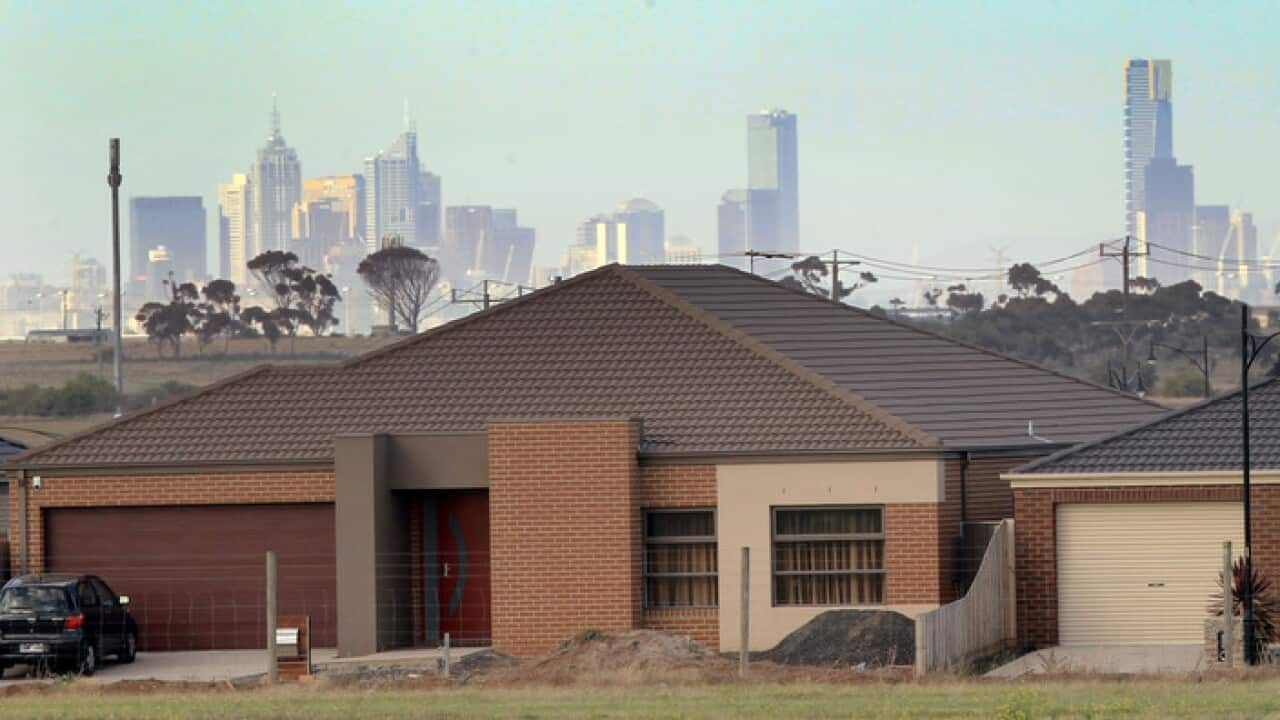Key Points
- The Queensland government has doubled its First Home Owner Grant.
- First Home Owner Grants were introduced to make housing more affordable, but they may be having the opposite effect.
- Economists say the only way to make housing more affordable is to increase supply.
are designed to make it easier for Australians to buy their first home and ease cost of living pressures. Queensland has just doubled its FHOG.
However, according to economists, subsidies like FHOGs might be making it harder for Australians to buy their first home.
What is the First Home Owner Grant?
The FHOG is a national scheme that is funded by states and territories to offset the effect of the GST on home ownership.
Under the scheme, a one-off grant is available to first-time homeowners who satisfy the eligibility criteria in their jurisdiction.
Who is eligible for a First Home Owner Grant?
Each jurisdiction has slightly different eligibility criteria. However, all require at least one applicant to be over the age of 18 and an Australian permanent resident or citizen.
Queensland: From 20 November, the FHOG for eligible Queenslanders doubled from $15,000 to $30,000. It's for new properties valued at less than $750,000, including land and any contract variations.
NSW: NSW residents can get a $10,000 grant on existing new homes valued up to $600,000 or new homes valued up to $750,000 if they enter a contract to build or are an owner-builder.
Victoria: Similar to NSW, Victorians are eligible for a $10,000 grant if they are buying or building a new property valued at $750,000 or less.
Tasmania: Along with Queensland, Tasmania offers the most generous FHOG scheme. Tasmanians who are building or buying newly built homes may be eligible for a grant of up to $30,000.
South Australia: South Australians are eligible for $15,000 if they are buying a new or substantially renovated home valued at up to $625,000, depending on when the contract is signed.
Western Australia: Western Australian residents are eligible for $10,000 grants on new or substantially renovated properties that are valued up to $750,000 for homes purchased south of the 26th parallel, including metropolitan Perth, and homes up to $1m north of the 26th parallel.
Northern Territory: Residents of the Northern Territory are eligible for $10,000 FHOGs on new homes. There is no limit on the price of the home.
Australian Capital Territory: In July 2019, ACT phased out the FHOG scheme and replaced it with the Home Buyer Concession Scheme, which applies to all properties in the ACT. Under the scheme, duty is removed or reduced on properties eligible people want to buy.
The first home guarantee scheme is being expanded. Here's what you need to know

The first home guarantee scheme is being expanded. Here's what you need to know
Are First Home Owner Grants driving up prices?
Between 2005 and 2023, more than 61,000 grants were administered to Queenslanders in regional areas to buy their first homes. However, in more populated areas, there has been some debate about whether FHOGs are driving up house prices.
"They increase the price of first-time buyer housing ... they haven’t been particularly good at making housing more affordable," Matt Grudnoff, a senior economist at the Australia Institute told SBS.
"If you’ve got an auction and a bunch of people show up, if someone’s got an extra $30,000 the price is going to go up $30,000,” Grudnoff says.
In 2021, the Grattan Institute’s submission to the federal parliamentary inquiry into recommended that state, federal and territory governments stop offering subsidies to first-time home buyers, stating that these subsidies, such as FHGOs, drive prices up.
The Victorian government is considering axing its FHOG and instead focusing on shared equity schemes such as the Victorian Home Buyer and Shared Equity scheme.

In 2016, to make housing more affordable, Auckland City Council changed its zoning laws to allow for more high-density housing. Source: Getty / REDA & Co
National issues require local solutions
Grudnoff warns that this would still fail to make housing affordable. “There are two ways to make housing more affordable, you can either decrease demand for housing or increase supply," he said.
Independent economist Chris Richardson said housing supply is a national issue that requires local solutions.
"If you want lower housing prices you need councils to be saying yes to more housing," he said.
"Auckland changed zoning rules for councils to approve things and so things did get approved."
In 2016, Auckland, New Zealand removed restrictions around zoning and opened up suburban blocks to higher-density development, which has led to house prices slowing.
“There’s a difference between good politics and what’s good policy,” said Richardson.









